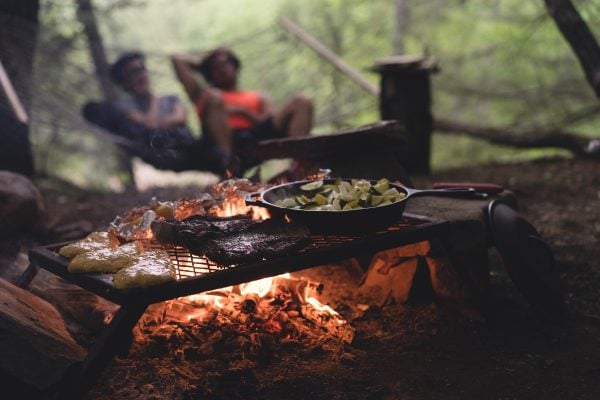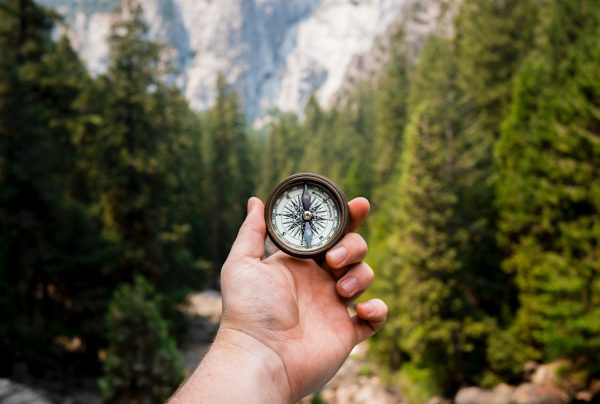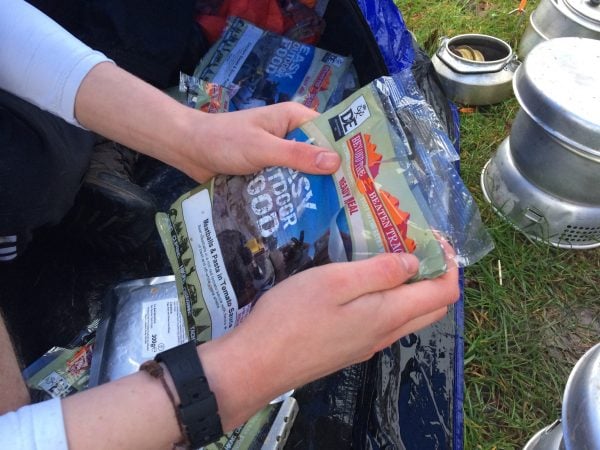1- Aim
The first thing you need to do is to pull your team together – all on the same level (Gold, Silver or Bronze). Decide on a date, mode of travel (cycling, canoeing, walking etc) and a location. This can be overseas or in the UK. Once all of the above is decided on, you’ll be able to set an aim or objective for the expedition. This could be simply ‘Canoe the length of the Thames within 5 days’ to ‘The New Forest Alphabet’. Make sure your aim inspires your whole team, is adventurous with elements of discovery throughout… Don’t choose a route you’ve walked 5 times that year – choose to adventure.
2- Training
Before you even set off for your practice expedition, you’ll need your whole team to undergo some basic training. The whole expedition, no matter the level, is self-sufficient, meaning the only time you should have contact with your assessors or instructors is at the start/finish or for an emergency situation. You will all need to know your basic first aid, navigational skills, leadership and teamwork skills and of course your own personal admin (this means looking after yourself, hygiene, kit, sleep, eating properly etc). You’ll need to train for the mode of transport you’ll be undertaking, if it’s bikes, get used to sitting on a bike for hours at end, if you’re walking, crack out your walking boots and just walk everywhere, even if it’s just to the shops or to school when you’d normally drive.
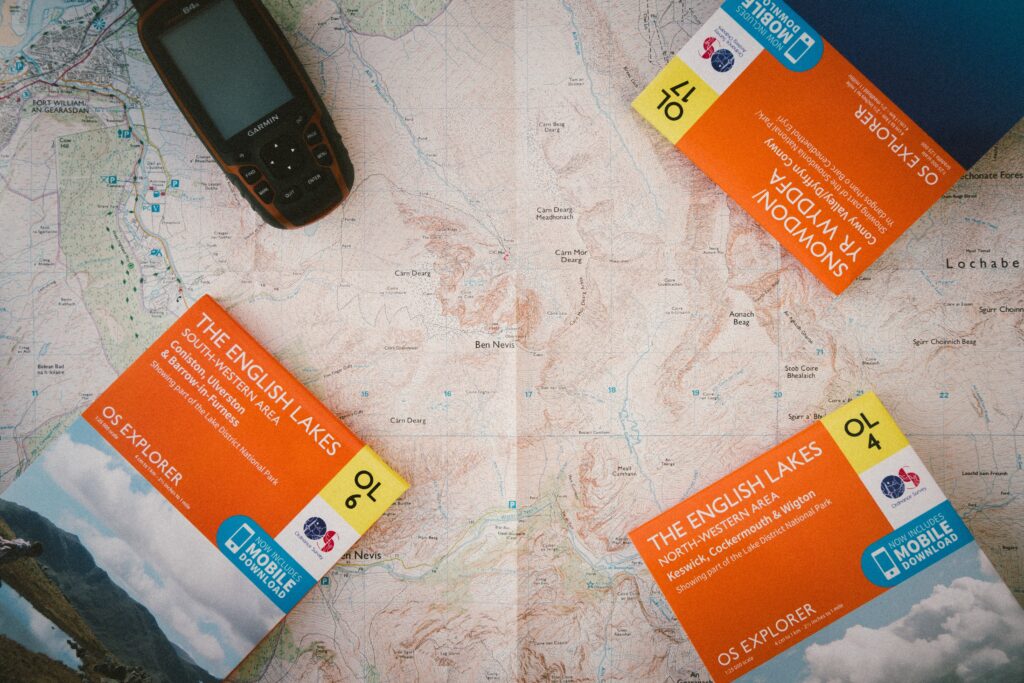
3- Assessed
For your expedition to officially count towards your final award, you’ll need your full planning, execution and review to be assessed by an official DofE Expedition Assessor. They’ll assess your planning, including route card, destination, mode of transport, training undertaken, and will assess your whole group right through the expedition to end with a presentation of your expedition to your assessor. At this point, they will decide if you have met the Duke of Edinburgh’s full criteria for that level of the award. (Don’t worry, they will be able to guide you through the whole process and indicate anything that would stop you from qualifying for the award.)
4- Kit
Be prepared. Pack a waterproof jacket. Obviously, it depends entirely on your destination, if you’re heading to Death Valley in the USA then maybe a raincoat won’t be top of your list, but do your research… You’ll be surprised by what the weather may do. DofE recommend the best kit on the market for their expedition participants – you’ll know if the product is DofE approved by checking the list here. Or when you view an item, whether it be online or in-store, the image/label will indicate a DofE recommended piece of kit.
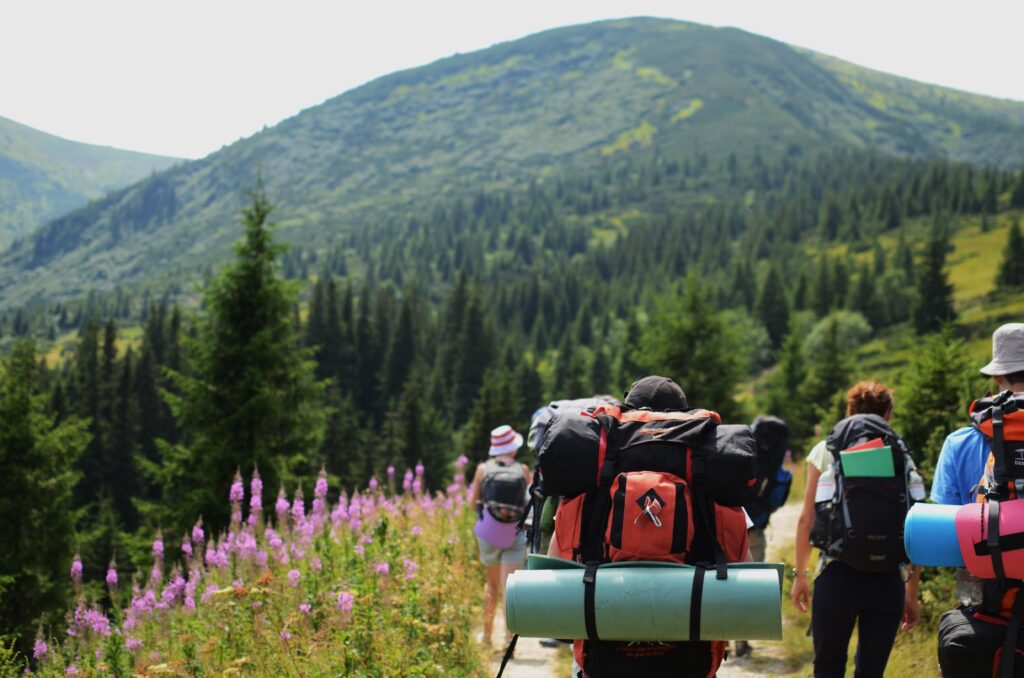
5- Reflection
At the end of your assessment, no matter how it went, you’ll be required to do a presentation to your assessor on the whole thing – from planning to execution and your own review. This is pretty much a story-time and is nothing to worry about. The assessor just wants to see that you’ve learnt from the whole experience, including highlights of things that went well and you enjoyed, right through to any difficulties and problems you had along the way.
Originally published: 27th October 2015 | Updated content: 22nd March 2019
